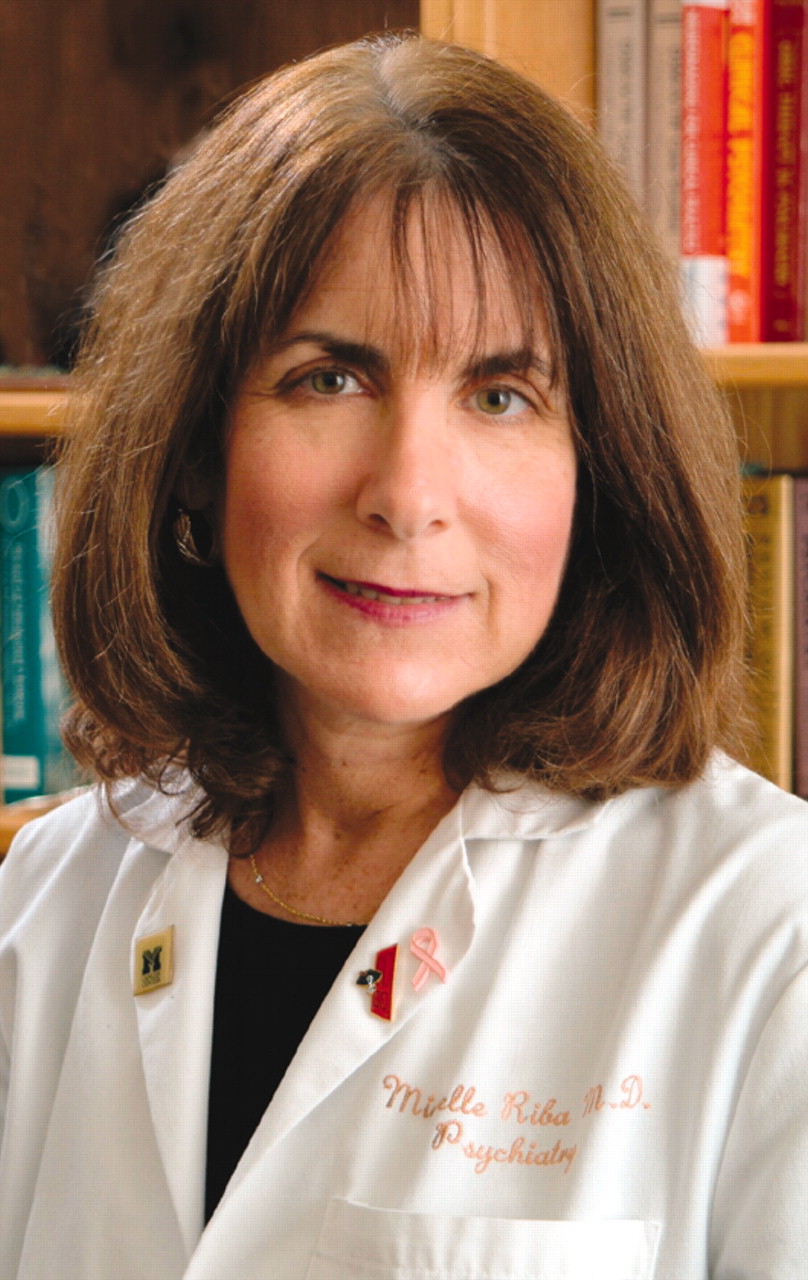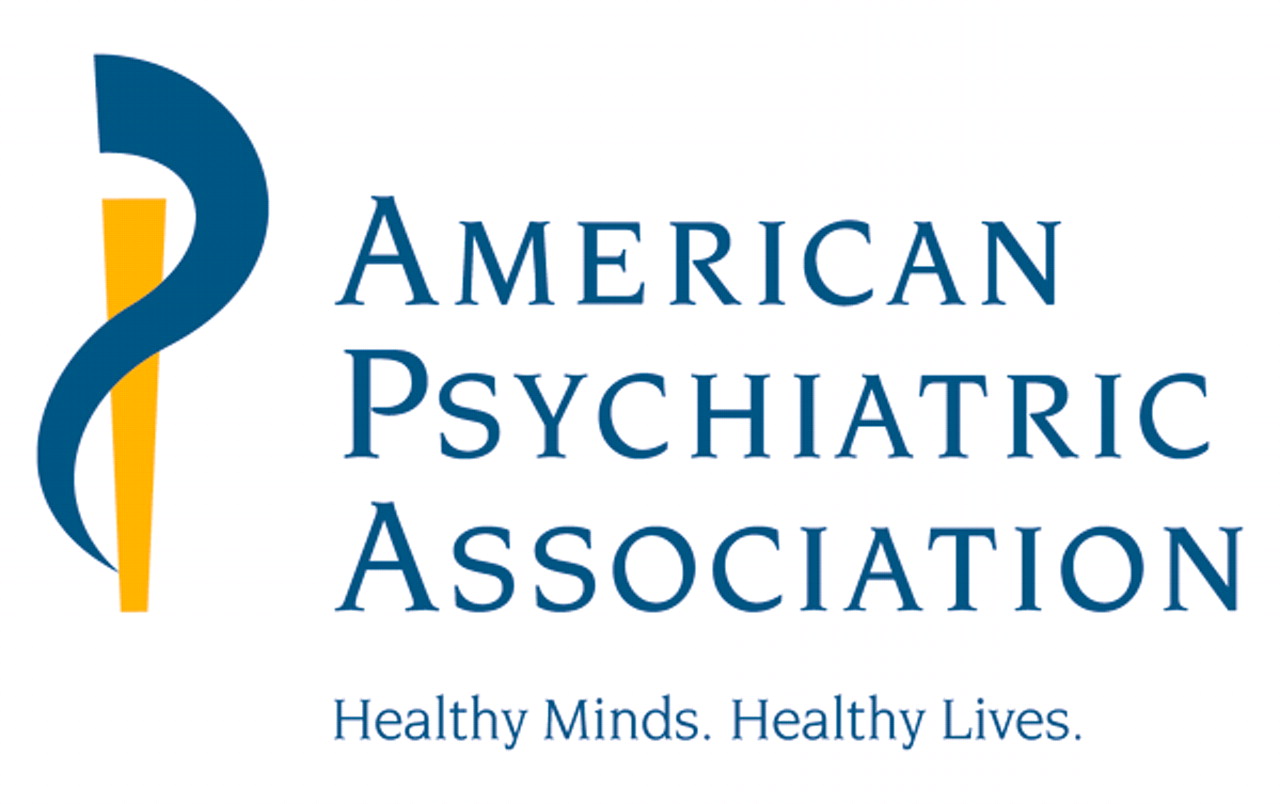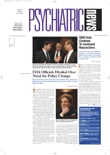Psychiatrists stand at a unique intersection: we are where medical science and mental health meet.
We are differentiated from primary care physicians, even as the specialty of psychiatry is a key part of the house of medicine.
Likewise, we are distinguished from other mental health care professionals because we identify and treat the biological causes, as well as emotional bases, for mental illnesses.
But none of this matters if the public doesn't understand how these facts can impact their lives. We have to connect the dots. We must tell our story in a way that engages people.
In recent months, APA, through its Office of Communications and Public Affairs (OCPA), has been building a strong foundation for a major public-information campaign that will take place in May, which is Mental Health Month.
First, we have brought in a public relations firm, Porter Novelli. It is a national leader in social marketing—the application of marketing techniques to help solve important problems in our society. APA is taking on two such problems with this campaign: we are tackling stigma head on, and we will help put a new, more inclusive face on psychiatry.
Second, we have conducted primary and secondary research into what the public thinks about psychiatrists, other care professionals, mental health, and mental illnesses.
The secondary research identified the health care decision maker in the average American family: mom, usually between the ages of 30 and 54, who often has her own health concerns and perhaps concerns for a child, an elderly parent, or a spouse or partner. These are the “health care gatekeepers,” the mothers who take the time to vote, and the“ first responders” to our message.
Our primary research drew from this audience by inviting women to four focus groups conducted in January. We were amazed at what we learned:
•
Many women understand what a psychiatrist is and does, but may feel that needing help represents a personal failing or a loss of control.
•
Many women still feel great stigma around mental illness and even attach that stigma to psychiatrists because of whom we treat. They don't necessarily see shades of gray between mental health and mental illness; they see two extremes and may resist admitting that they are not feeling their best.
•
Many women won't use the phrase “mental illness.” Neither will they consider using it to describe a condition they or a loved one is experiencing. When speaking of such conditions, they naturally shift language to “mental health concern” or “emotional problem.”
•
Many women are open to seeing a psychiatrist when they fully understand the benefit to them and their families and see that psychiatrists are not as Hollywood has portrayed them in movies and television.
Third, in conjunction with the APA leadership, membership, and district branches and state associations, we will launch our campaign with new advertising and new educational materials, including an updated “Let's Talk Facts” brochure series. Radio and television public service announcements will air, and high-profile advertising will appear in Newsweek and Family Circle magazines. In addition, APA will roll out a new consumer information Web site in May,<www.healthyminds.org>.
We will also have a new logo for this public information campaign, as well as a new tagline: “Healthy Minds. Healthy Lives.”
There are two reasons for the new “marks.” The official APA logo—the line drawing of Benjamin Rush, M.D., that dates back to the 1890s—has the potential to alienate the very audience we are seeking to reach. And second, the tagline focuses on consumer benefit. It's not enough to say what psychiatry is; we must explain why our profession matters to people's lives.
Through various APA events and meetings, I have come to know psychiatrists all over the country—every one of whom defies whatever stereotypes exist. It's time for a more accurate portrayal of psychiatry in the media and popular culture.
This campaign will be launched in Mental Health Month, but it also ushers in a new era for us and for patients. To all district branch/state associations and members: Please join with me in using the materials OCPA has developed for this campaign to help end stigma and reveal psychiatrists as the caring, patient-centered physicians we are. ▪


